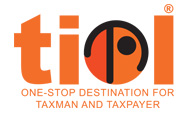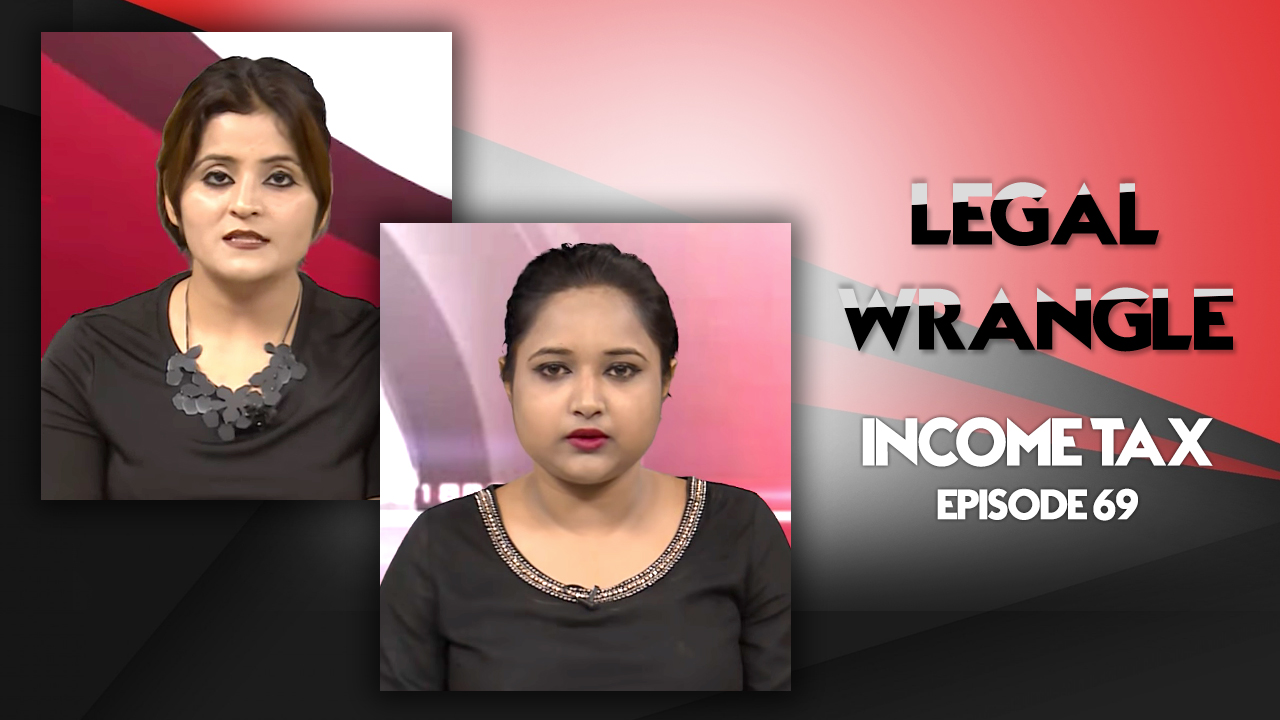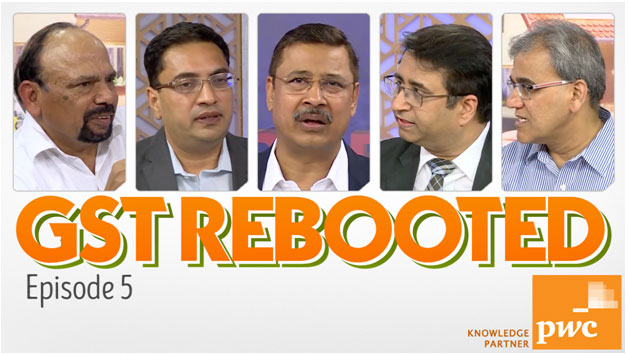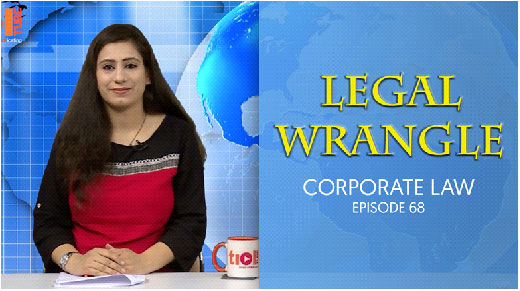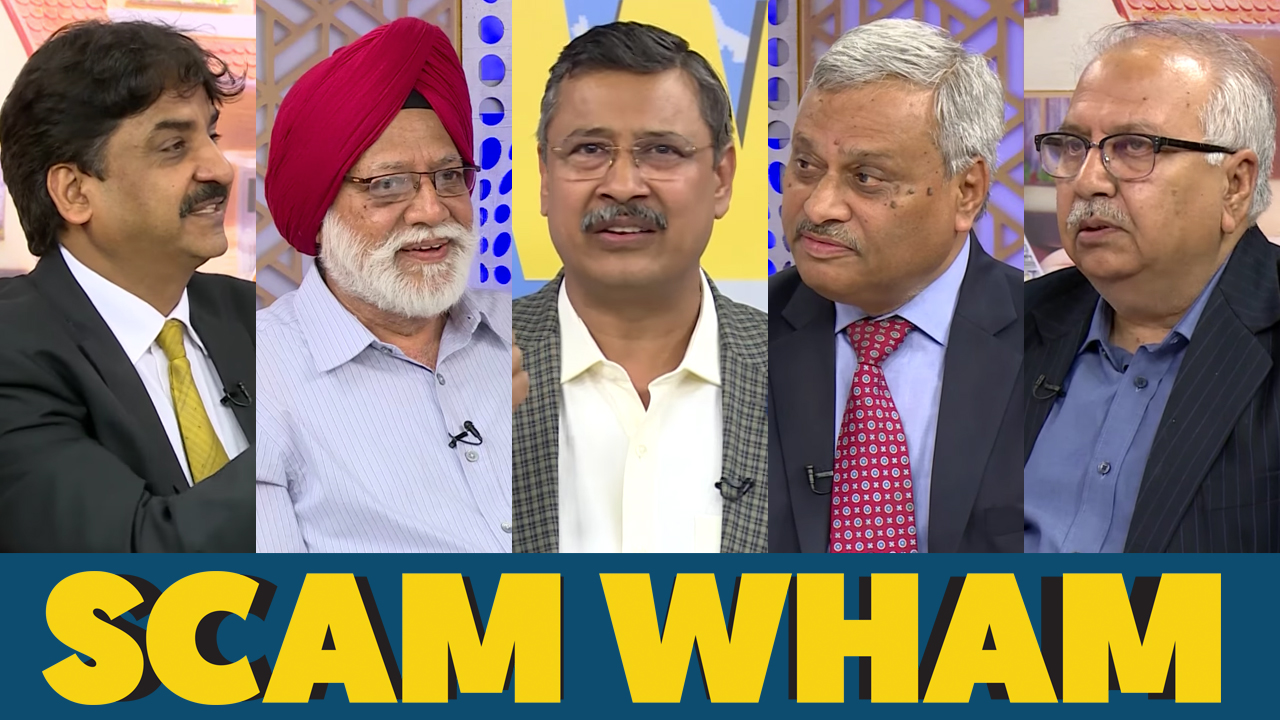|
SERVICE TAX SECTION
2018-TIOL-879-CESTAT-CHD Ashwini Kumar Bajaj Vs CCE & ST
ST - M/s. ABCL was having the assessees as their promoters and manufacturing various types of edible oils and other products under the brand name 'Gagan' - M/s. ABCL entered into an agreement with M/s. Bunge to sell its entire business on slump sale basis by virtue of which the entire business of M/s. ABCL was taken over by M/s. Bunge - SCN was issued to assessees alleging that payment received under non-compete agreement are essentially in nature of payments received for provision of BAS and thus liable to service tax - As regards to issue, whether the activity undertaken by assessee is taxable prior to 01.07.2012, it is found that prior to 01.07.2012, non-compete agreements were not specifically taxable under Finance Act, 1994 - It is only with effect from 01.07.2012 when Section 66E(e) of the Finance Act agreeing to obligation to refrain from an act, or to tolerate an act or a situation or to do an act constituted a declared service on which service tax was payable with effect from 01.07.2012 - For the period prior 01.07.2012, the amount recovered by assessee by way of non-compete agreements are not liable to tax under Finance Act, 1994.
Whether the activity undertaken by assessee falls under category of BAS - From the observations of High Court in Cadila Healthcare , it is concluded that the sale promotion means that in case of sale promotion a large population of consumer is targeted - Admittedly, assessees are not involved in such activity but they were paid for not to target the consumers - Therefore, activity undertaken by assessee do not qualify under BAS.
Whether the extended period of extension is invokable - Vide letter dated 10.02.2012, M/s. ABCL has filed the documents i.e. BTA - As per said documents, assessee was required to receive the consideration as per non-compete agreement - That fact was in knowledge of department on 10.02.2012 but no positive action has been taken by department against assessee within a prescribed time-limit to demand service tax - Moreover, in case of Jamna Auto Industries Limited 2017-TIOL-2923-CESTAT-DEL , Tribunal observed that said activity do qualify under Support Service of Business or Commerce - As there were divergent view on classification of services in question, therefore, extended period of limitation is not invokable - I mpugned order deserves no merit and hence, the same is set-aside: CESTAT - Appeals allowed: CHNADIGARH CESTAT
2018-TIOL-878-CESTAT-BANG
Falcon Infrastructures Ltd Vs CCE, C & ST
ST - Assessee is registered under Section 69 of FA, 1994 under category of transport of goods by road service, business support service and cargo handling service - On scrutiny of ST-3 returns for period 2007-2008 to 2009-2010, it was noticed that assessee was discharging both taxable and exempted services and availed CENVAT credit on various input services used by them in providing both taxable and exempted services and utilized the credit for payment of service tax on taxable services provided by them - Since the assessee have violated the provisions of Section 68 and 70 of FA, 1994 r/w Rule 6(2) and 6(3) of CCR, 2004, demands were confirmed - Assessee has contested the entire demand on limitation but both the authorities have not given any findings on limitation - Since Commissioner (A) has already remanded the case back to the original authority by holding that assessee is eligible to avail CENVAT credit on capital goods and inputs subject to verification of accounts to satisfaction of original adjudicating authority, therefore, original authority will also consider the limitation issue along with other issues as directed by Commissioner (A): CESTAT - Matter remanded: BANGALORE CESTAT
CENTRAL EXCISE SECTION
2018-TIOL-485-HC-MUM-CX
CCE Vs Taj Sats Air Catering Ltd
CX - Assessees are into catering business - The catering services, according to Revenue, amount to manufacture of edible preparation and supply of food preparation/materials to various airlines, served on board of aircrafts - Tribunal has charted a very peculiar course - There was a debate as to whether the activity of preparing food and which is stated to be the business of the assessee, amounted to manufacture - The difficulty arose when Tribunal does not hold that the activity is manufacture or otherwise and yet deems it fit to decide whether the extended period of limitation could have been invoked - It renders a finding that the same should not have been invoked, but this is on an assumption that the activity amounts to manufacture, attracts duty, but for some period and at some stage both parties were in doubt and therefore, the duty was neither levied nor demanded and paid - In the fitness of things, Tribunal should have decided the matter in its entirety or remanded the matter back for de-novo adjudication, if it was not satisfied with the O-I-O - Tribunal erred in law in not completely deciding the matter, but remanding it to Commissioner by rendering a partial conclusion - Matter now stands remanded to adjudicating authority for adjudication of SCN afresh on merits and in accordance with law - Unless the duty was leviable and there was absolute proof of nature demanded by law, there was no justification for imposition of penalty: HC - Matter remanded: BOMBAY HIGH COURT
2018-TIOL-484-HC-AP-CX-LB + Story
Electronics Corporation Of India Ltd Vs UoI
CX - A writ petition would lie against an Order-in-Original, against which an appeal was filed and dismissed as time-barred or no appeal had been preferred as it would have been time-barred, provided sufficient grounds are made out warranting exercise of the power of judicial review under Article 226 of the Constitution - High Court would necessarily exercise its discretion judiciously on the facts of that individual case to decide as to whether challenge made by such a writ petitioner should be entertained - what would weigh with this Court is whether gross injustice would result from non-consideration of the challenge sought to be laid against the Order-in-Original - It is for the Court to decide, on the facts of each individual case, as to whether it should entertain the writ petition or not and this discretion cannot be shackled at this stage by laying down any straightjacket formula or conditions – Full bench is in complete agreement with the said decision in PANOLI INTERMEDIATE (INDIA) PVT. LTD. - 2015-TIOL-1556-HC-AHM-CX-LB - decisions in M/s. RESOLUTE ELECTRONICS PVT. LTD. - 2015-TIOL-846-HC-AP-CUS and STAR ENTERPRISES- 2015-TIOL-738-HC-AP-ST] do not constitute good law - Reference answered: High Court [para 11 to 13, 18 to 23] - Reference answered: ANDHRA PRADESH HIGH COURT
2018-TIOL-883-CESTAT-MUM
Shree Tatyasaheb Kore Warana Ssk Ltd Vs CCE
CX - CENVAT - Items used for fabrication of supporting structure cannot be allowed - Moreover with effect from 07.07.2009 the definition of 'input' appearing in Rule 2(k) of the CCR, 2004 has been amended and it specifically excludes cement, angles, channels, Centrally Twisted Deform bar (CTD) or Thermo Mechanically Treated bar (TMT) and other items used for construction of factory shed, building or laying of foundation or making of structures for support of capital goods from the ambit of definition of inputs - CENVAT credit rightly denied - No merit in appeal, hence dismissed: CESTAT [para 6, 7] - Appeal dismissed: MUMBAI CESTAT
2018-TIOL-882-CESTAT-MUM
Eco Cane Sugar Energy Ltd Vs CCE
CX - Reversal of CENVATcredit has been sought invoking Rule 6 of the CCR in respect of Pressmud, Bagasse and Compost, Boiler Ash etc. (which are either waste or by-products) cleared by assessee.
Held: In the case of Shivratna Udyog Ltd. & Ors. vide Order no. A/89563-89568/17/SMB dated 04.08.2017, it has been held that reversal of CENVATcredit under Rule 6 of the Cenvat Credit Rules is not required in respect of waste, by-product, refuse generated during the process of manufacture - impugned orders are set aside and appeals are allowed: CESTAT [para 4] - Appeals allowed: MUMBAI CESTAT
2018-TIOL-881-CESTAT-MUM
Kishan Bihari Kagzi Vs CCE
CX - Processed synthetic fabrics cleared by appellant under bond/claim for rebate - rebate paid to assessee - Later, Revenue made investigations at the end of the supplier of the grey fabrics and based upon the reports of the grey fabrics suppliers came to a conclusion that no duty was paid by the said supplier and the invoices were issued by them with an intention to extend the benefit of Cenvat Credit to the appellant - CENVAT credit denied and penalties imposed - appeal to CESTAT.
Held: Appellants have admittedly availed the Cenvat Credit on the basis of the invoices issued by the grey fabrics supplier, which invoices had all the requisite information, including the duty payment particulars - If that be so, credit cannot be disallowed to the present assessee - If the Revenue is of the view that the grey fabric supplier has not paid the duty, the remedy for the same lies at the end of the grey fabric supplier and proceedings should have been initiated against their end for confirmation of demand of duty - however, it is seen that proceedings were initiated against them (supplier) only for imposition of penalty, which penalties also stand set aside by Commissioner (Appeals) - Law is also settled that credit cannot be disallowed to the input recipient on the ground that the duty has not been paid by the input supplier - no merits in the Revenue's stand - impugned orders are set aside and the appeals are allowed with consequential relief: CESTAT [para 4 to 7] - Appeals allowed: MUMBAI CESTAT
CUSTOMS SECTION
2018-TIOL-486-HC-DEL-CUS
Vaish Brothers Vs CC
Cus - Penalty - Assessee is in appeal against impugned order of Tribunal who has refused to exercise discretion to admit the appeal, as the subject matter of the appeal i.e., quatum of penalty imposed did not exceed Rs.2.0 lakhs referring to proviso to Section 129A of Customs Act, 1962 - It is not disputed that revenue accepts that assessee had right to file an appeal challenging the order of first appellate authority confirming penalty before the Appellate Tribunal under Section 129A (1) of the Act - The impugned order merely refers to the proviso and the discretion vested with Tribunal - The Order is silent and does not state and give reasons for exercise of discretion i.e. refusal to admit and decide the appeal on merits - Discretion vested vide proviso to Section 129 A of the Act is an effective tool which enables the Tribunal not waste time and effort in deciding petty and small amount cases - However, this discretionary power must be exercised and be guided by reasonableness and fairness, as the bar or prohibition is not absolute and applicable universally to all cases - Discretion should not be excised whimsical and in an arbitrary manner for then it may lead to odd and unacceptable consequences and results - Existence of power would not be a good justification and reason for Tribunal not to exercise discretion in favour of assessee when on similar and identical facts they have allowed the appeal preferred by another assessee for using the same script - Accordingly, the substantial question of law is answered in favour of assessee: HC - Matter remanded: DELHI HIGH COURT
2018-TIOL-880-CESTAT-BANG
NS Mahesh Vs CC
Cus - On the basis of intelligence that assorted consumer goods were being imported from China by grossly misdeclaring the value as well as quantity in imported documents filed before Customs with the active connivance with the overseas suppliers as well as local clearing agent and thereby evading considerable amounts of customs duties, Special Investigation team had initiated investigation into import made by importers through Customs Brokers, M/s. Krishna Brothers - There is no clear cut evidence of abetment or instigation on the part of assessee to undervalue the goods declared by importers - In fact assessee has only acted as a C&F Agent and there is no independent corroborative evidence to come to the conclusion that he has helped the importer in evading the payment of customs duty - There is no legally sustainable evidence of connivance against assessee - Moreover, it has been accepted by Revenue that importer has paid differential duty along with interest and penalty and the same has been appropriated in O-I-O - Assessee's case is squarely covered by provisions of Section 28(6) of Customs Act which clearly lays down that once the duty with interest and penalty has been paid in full, then the proceedings in respect of the importer as well as other persons should be deemed conclusive - Case of assessee is covered by Section 28(6) and therefore, proceedings against him also stands concluded: CESTAT - Appeals allowed: BANGALORE CESTAT
|
|

